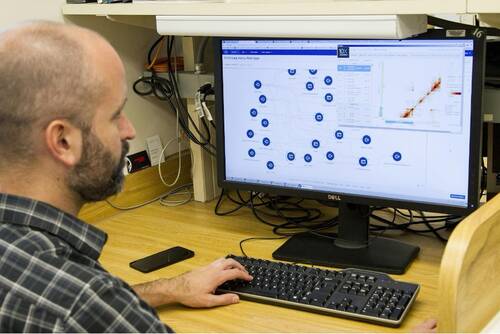Education, Health Care Workers, Nursing / 17.03.2025
Exploring Career Paths in Nursing
Nursing is a diverse and dynamic profession that offers a wide range of specializations. As healthcare continues to evolve, nurses have more opportunities than ever to focus on specific areas of patient care. Specializing allows nurses to develop expertise, increase their earning potential, and find a career path that aligns with their interests and skills. Whether working in a hospital, clinic, or community setting, choosing the right nursing specialization can lead to a fulfilling and impactful career.
The Growing Demand for Specialized Nurses
The demand for specialized nurses is increasing as healthcare becomes more complex. Patients are living longer, chronic conditions are on the rise, and advancements in medical technology require highly skilled professionals to provide specialized care. Many nurses are choosing to further their education to gain the necessary credentials for specialized roles. For those looking for flexibility, earning a degree through an online nursing school can be a convenient way to advance their careers while continuing to work.
(more…)



























 Stress in the workplace is the body's response to the demands and pressures encountered in professional situations. It can manifest as acute stress, which is short-term and often related to specific events, or chronic stress, which persists over a long period due to ongoing challenges.
Stress in the workplace is the body's response to the demands and pressures encountered in professional situations. It can manifest as acute stress, which is short-term and often related to specific events, or chronic stress, which persists over a long period due to ongoing challenges.